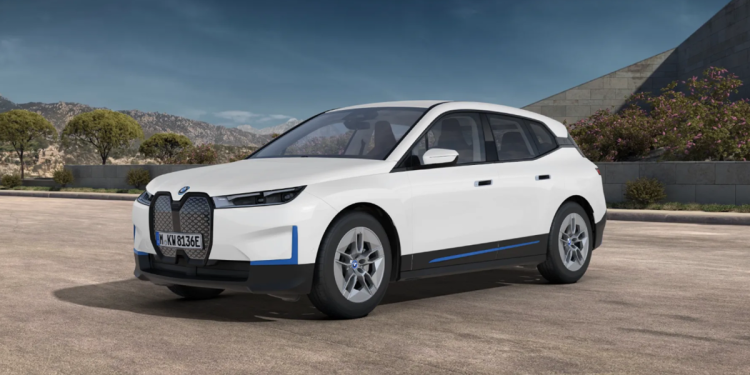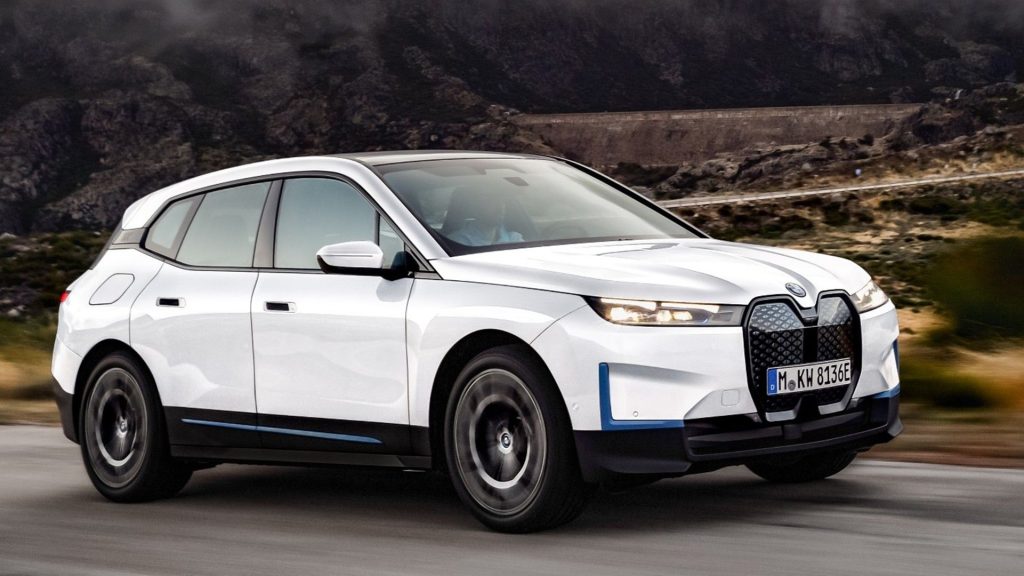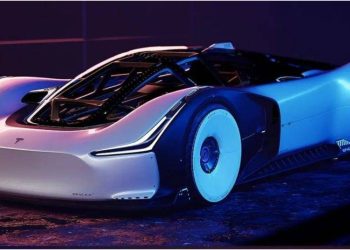As part of the interesting electrification strategy, the German manufacturer BMW announced this week the delivery of one million electric vehicles worldwide.
The car rounding out the figure was the BMW iX xDrive40, a 100% electric SUV developing 326 hp and with a range of more than 400 kilometers, thanks to a large 71 kWh battery.
The Germans did not specify the proportion of 100% electric and hybrid vehicles within the overall computation, but the data show that the latter are still a majority: about 70% of the EVs so far sold are hybrids.
Related content: “Arena of the Future”: the Stellantis Lab to Revolutionize Charging Infrastructure
The company’s goal is to have nearly two million pure electrics delivered by 2025, plus plans to double sales of these vehicles by 2022.
Not Giving Up on Hybrids
Although BMW has a strong focus on increasing production of electric cars, they are not ready to stop making combustion models, as they consider that charging infrastructure is still uncertain and semiconductor shortages leave little certainty to abandon the business.
In fact, BMW is part of the group of automakers that have not signed the non-binding COP26 agreement, which aims to put an end to cars with internal combustion engines. With this stance, they join Renault, Hyundai Motor, Stellantis, Toyota and the Volkswagen Group.
At a press conference, Pieter Nota, a member of BMW’s Board of Directors, said that this kind of car will continue to play an important role in the industry, due to the limited charger availability around the world.
He reported that the plan is for at least 50% of international sales to be all-electric models by 2030, although they recognize that this is a complicated goal.
Read also: DS Techeetah Makes Key Moves for New Formula E Season
However, they will not rest on their objectives and in order to achieve this pace on the supply side, BMW announced agreements with chip suppliers Inova Semiconductors and Globalfoundries. The collaboration will allow the Germans to secure the supply of several million microprocessors that are used in the lighting of electric models such as the BMW iX.
Thus, these suppliers go on to work with BMW just like Qualcomm, the U.S. technology giant that agreed a partnership with the vehicle manufacturer to supply chips focused on autonomous driving systems.
Written by I Jhonattan González













